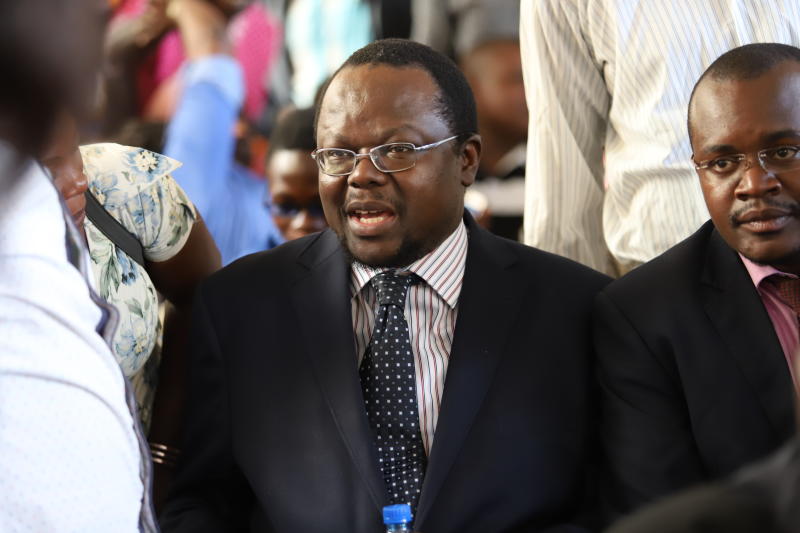×
The Standard e-Paper
Home To Bold Columnists

The Orange Democratic Movement, a party that since its founding has been ruled and governed by sheer will, emotion and of course the preferences of its supreme party leader Raila Odinga, last month broke away from tradition and chose science over all these other factors.
By doing this, ODM accidentally created a small piece of history as the first Kenyan political party to rely on an opinion poll to settle on a candidate for a vacant electoral seat.